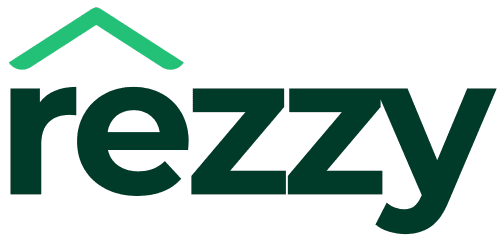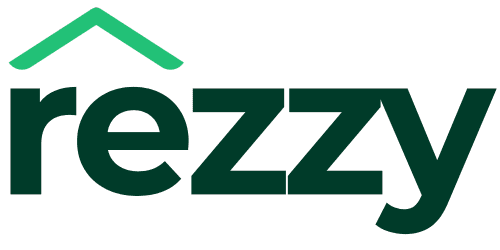Press the play button to start the video.
↓↓↓
What is a Reverse Mortgage?
Eliminate Monthly Mortgage
Access Cash
Stay in Your Home
Have Questions? Check out our Reverse Mortgage Loan FAQ's, or talk to a pro by calling 972-777-9820.
Our process is designed for you.
Our process is designed for you.
Constant online access makes accomplishing your financial and real estate goals simple and smooth.
1. Apply Online
Our online app makes your application process simple and seamless.
2. Get Your Options
A Rezzy Pro will help you decide what's best for your financial goals.
3. Close Your Loan
Check the items off your to-do list, and let us do the heavy lifting to close your loan.



